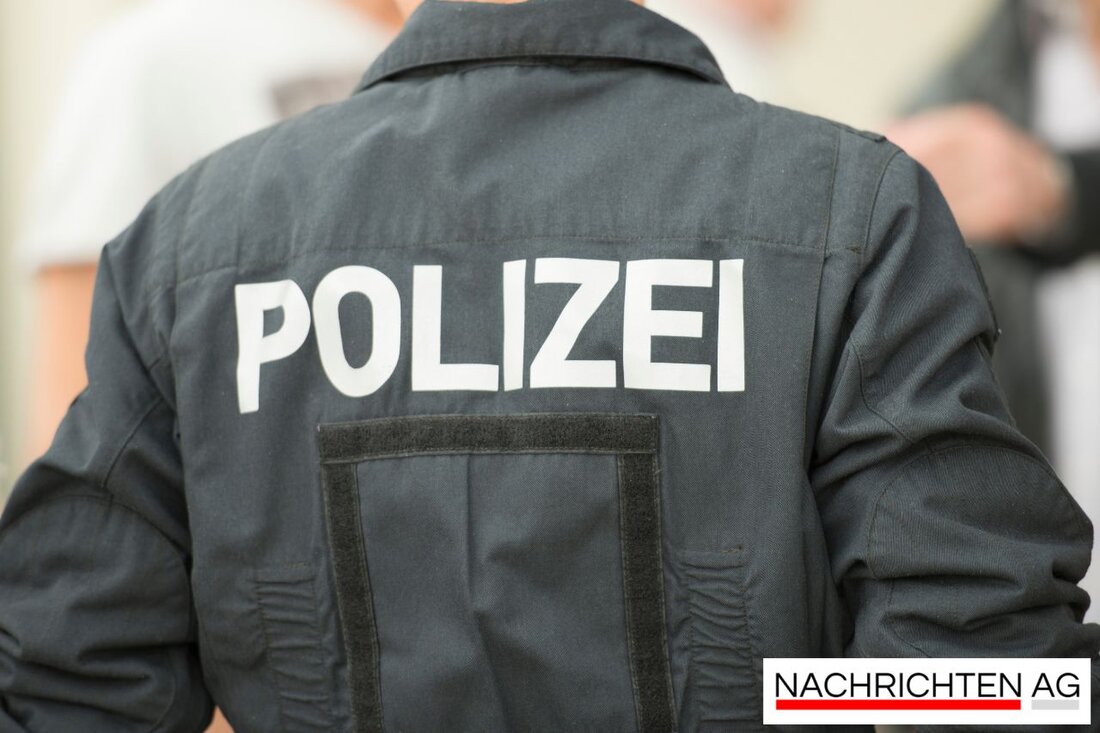dbb Berlin sets an example for tolerance at the gay festival in Schöneberg!
On the 19th/20th In July 2025, dbb Berlin will show tolerance and openness towards the queer community at the Lesbian and Gay Street Festival.

dbb Berlin sets an example for tolerance at the gay festival in Schöneberg!
In the recent debate about the Berlin police union, Frank Becker, state chairman of the dbb civil service association and tariff union berlin, provided clarity. He welcomes the distancing of several state associations from the controversial statements made by Federal Chairman Rainer Wendt. He spoke about queer topics in the publication “Tichys Insight” and thus caused a lot of anger. Many of his colleagues find Wendt's statements to be exclusionary and discriminatory, as [dbb.berlin](https://www.dbb.berlin/aktuelles/news/dbb-berlin- stands-fuer-offenheit-und-tolerant/) reports.
Becker and the DPolG Berlin emphasize that tolerance, cosmopolitanism and the neutrality requirement of the Basic Law belong in a clear positioning within the union. This will be particularly highlighted when taking part in the lesbian-gay street festival in Berlin-Schöneberg on July 19th and 20th, 2025. Various specialist unions from dbb berlin will also be represented in this context, which shows a strong expression of solidarity.
Tolerance as a principle
Bodo Pfalzgraf, the state chairman of the DPolG Berlin, emphasizes the obligation to respect all people in society. “There is no place for exclusion in the police and the union,” he clarifies. This is happening in a climate in which Rainer Wendt is being sharply criticized for his derogatory comments about LGBTIQ groups. For example, Sibylle Krause, a member of the GdP, explains that Wendt's statements are not only disparaging, but also undermine respect for diversity. Furthermore, Oliver von Dobrowolski, founder of Better Police, describes Wendt's stance as “eternal populism”.
Wendt has said, among other things, that LGBTIQ groups “impose” their identity on others, thereby promoting a narrative that causes resentment within the police. This view is criticized not only by our own colleagues, but also by representatives of queer organizations who perceive Wendt's comments as irresponsible and ignorant.
The history of rights
The challenge of accepting queer lifestyles in society has a long history in Germany. For many decades, homosexual acts were punishable, which led to massive discrimination, as csd-nordwest.de explains. Section 175 of the Criminal Code was introduced in 1871 and criminalized sexual acts between men. Even after it was abolished, discrimination remained.
The 1969 reform was a step in the right direction, but it was not until the introduction of “marriage for all” in 2017 that equality was largely achieved. Despite these advances, major challenges remain, particularly in relation to social acceptance. It becomes clear again and again that discrimination against LGBTQIA+ people continues to be an urgent issue, for example through hate crimes or discrimination at work.
The debates surrounding Rainer Wendt's statements and the reactions to them illustrate how important it is to stand up for the rights and visibility of the queer community. The street festival in Schöneberg and the commitment of the trade unions are just some of the steps taken to promote and live diversity and equality.
Times are changing, and it is clear that openness and tolerance are increasingly required in social discourse. With a clear commitment to these values, the DPolG Berlin wants to send a signal that no one is forgotten in society and that all people must be respected in their identity.

 Suche
Suche
 Mein Konto
Mein Konto